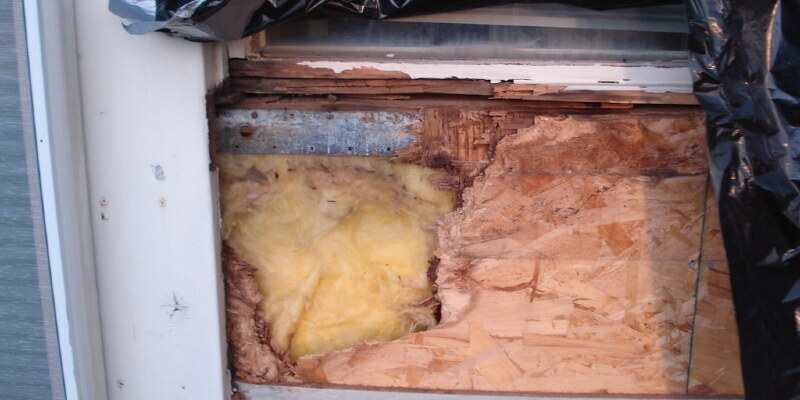According to RealtyTrac, one in each 397 housing units in the U.S. received a foreclosure filing–a default option, auction or bank repossession notice–in July 2010. This represents a 4 percent growth from June 2010, but a 10 percent drop in comparison to July 2009. There are several paths to choose if you are. In the end, the circumstances surrounding your financial hardship, your mortgage loan and your home’s worth dictate the best way to proceed.
Contact your lender. The Department of Housing and Urban Development points out that servicers of all FHA-insured loans must operate together with you in accordance with FHA guidelines. If you’ve got a conventional loan and your lender refuses to give assistance, call a HUD-approved housing counselor at -LRB-800-RRB- 569-4287 or HUD’s Homeowners Hope hotline at (888) 995-HOPE. HUD may have the ability to help you manage your lender or secure help through another route.
Consult your lender about arranging some form of repayment plan. An payment arrangement, explains the Federal Trade Commission, will work best if your economic problems are temporary. Lenders defer part or all of loan payments during times of reduced income. Then you pay back past-due quantities in a lump sum or over time on a mutually agreed upon program.
Evaluate your mortgage. Some homeowners, because of some seemingly long-term reduction in an interest-only or flexible rate mortgage that has reset to a higher payment, simply can’t –and may never be able to–make their mortgage payment. In such situations, deferrals and payment programs make little sense, since they only push the matter of an unaffordable mortgage to the future. A mortgage refinance or modification may be your very best option.
Check eligibility requirements for loan refinance and modification programs offered by your lender or the national government. Many lenders take part in the Building House Affordable refinance and modification schemes. Both try to bring your down payment to no more than 31% of your monthly gross income. A refinance transports you from an unsustainable loan to a fixed-rate loan with a more manageable monthly payment. A modification adjusts the terms of your present loanby lengthening its term, decreasing its interest rate or deferring or forgiving portion of its own chief –to make a monthly payment in keeping with the 31 percent threshold.
Learn your home’s value. Ask an assessment from your lender, the county or a private appraiser. Compare it to recent sales in your own neighborhood. You could be”underwater” in your mortgage, so you have more about your loan than your house is worth. In cases like this, your monthly payment is moving toward a negative equity situation. Effective September 7, 2010, the FHA provides a refinancing option to non-FHA loan holders that are eligible, underwater in their present mortgage and wish to change their mortgage to an FHA-insured home loan. To qualify, your credit score has to be at least 500 and your lender has to consent to forgive at least 10 percent of your loan principal.
